What Am I Supposed To Do With This Anxiety?
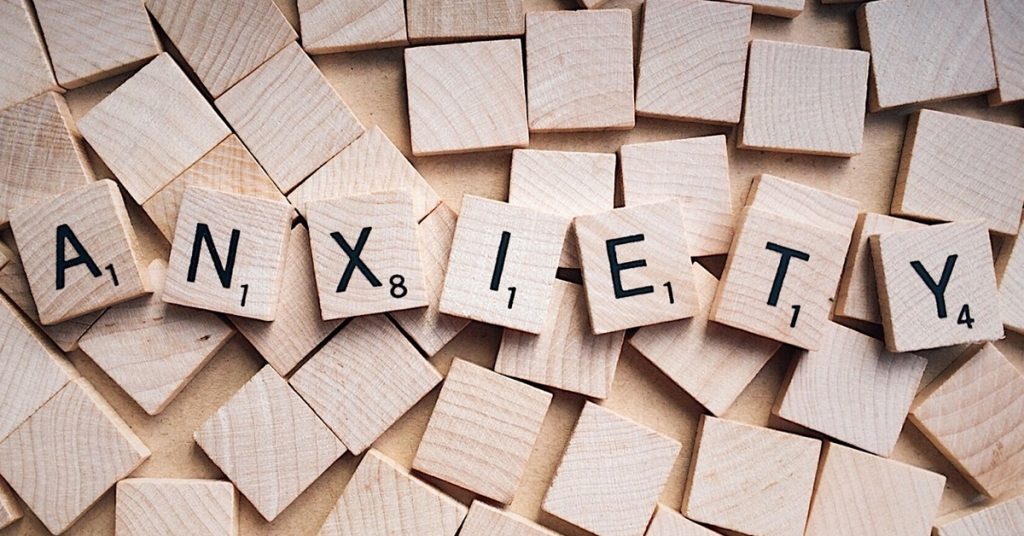
Photo credit: WOKANDAPIX
An Allies member has some reasons for optimism: her husband, who struggles with alcohol, has recently stopped drinking, and let his old drinking buddies know he doesn’t plan to drink anymore. What he does plan to do is continue to see his friends. Naturally enough, she’s concerned that social pressure could lead him back to alcohol. But her question for Allies concerns her own behavior: she wants to know how best to manage her anxiety. Laurie MacDougall walks her (and us) through the fundamentals of a CRAFT approach to this question.
My husband, who has alcohol use disorder, stopped drinking 12 days ago. He isn’t engaged in formal treatment but says he has quit. I just talked to him and he say that he is planning to meet up with two friends that he usually drinks with this afternoon. He says he told them that he isn’t planning to drink and that he won’t be drinking tonight.
I tried to reward the positive behavior by saying I was glad to hear that he had told his friends he wouldn’t be drinking. But now I’m feeling very anxious that he will end up drinking and that he’ll come home drunk and we’ll be right back where we started. How do I manage my anxiety and not let this conversation derail my afternoon of work?
I can really relate to how difficult it is to manage ruminating thoughts and rising levels of anxiety. Unfortunately, these often accompany the realization that things might not change in the way we hope for, or at the pace we hope for. You express your worry that your Loved One (LO) might not be able to maintain his commitment not to drink while socializing, and that if he does, you as a couple will be right back where you started.
I have to tell you the good news: even if he does drink and comes home inebriated, you are not back at the beginning. Your husband has already started the process of trying to manage/stop his drinking. He may not be perfect or able to keep his promises right now, but he is on his way.
The road to recovery often winds. But it’s still the road you need.
So, the good news is that he has committed to ending his drinking, and by telling his drinking buddies of the past that he won’t be drinking with them, he’s trying to set up guardrails to keep himself on his path. If he does drink, it’s evidence not of failure but that he’s human and trying to find what will work for him. I bet that if what you fear does happen, he too will be unhappy that he wasn’t able to keep his promises. He will be fully aware that he has not only let himself down but you as well.
Just keep in mind that recovery is not a straight-line process. It consists of attempting all sorts of strategies and finding what works for the individual. There is a great visual explanation of the recovery process in the video The Stages of Drug and Alcohol Problems in Module 1 on the Allies in Recovery website. I would strongly encourage you to watch (or rewatch) this video. It may help you to reframe your idea of what it means when your LO struggles with his commitments to the recovery process.
But the questions remain: what do you do with the anxiety, the mind wandering down a path of negativity, because of your worry that he will drink? And if he does drink, what should you do then?
Self-care is fundamental to caring for your Loved One
You’re naturally worried that the worst might happen. The challenging thoughts and feelings that result from that worry are indications that it’s time to engage in self-care. And the first step, again, is to head over to Module 1 and start to learn more about the recovery process. Remember, your feelings and thoughts are yours to take care of. Just having a different level of understanding of your LO’s process can help with empathy, and can calm the mind a bit. It can help you to start focusing on the positive—for example, that your husband is attempting to curb his drinking. And it bears repeating that even if he does drink, you are not back at square one.
The next step in self-care is to find positive distractions. Think the five senses. Is there a good book you can read? Can you turn on some fun music and dance around the kitchen for a bit? What about going on a walk and clearing your mind? Listening to an audio book? Lighting a candle with a lovely scent? Petting/cuddling with a dog or cat?
You could also try some breathing techniques and somatic strategies to help to calm things down. There are two episodes of the Coming Up for Air podcast in which we interview Linda Aber as she describes various strategies to help calm our systems down. She outlines breathing techniques, how to hug yourself, tapping strategies, and so much more.
Another simple trick: try allotting yourself a specific amount of time to pace and worry. After that, put your thoughts away and get busy with chores around the house.
Emotionally regulating ourselves is by far the most crucial step to help us effectively implement the CRAFT skills we learn. It is also one of the most difficult things to pull off. Emotional regulation can bring a sense of peace. It calms down our thoughts, so we can think more clearly. This helps us to handle situations with a more educated and well-thought-through plan.
Which brings me to what you can do to be ready if your LO comes home and has been drinking with friends. Head over to Module 6 (My Loved One is Using, Now What?) and prepare a plan before he comes home. It might look something like this:
- Remove immediate rewards (which by the way, often means you and your presence!): Tell yourself, I will greet him when he gets home, and if he has been drinking, I will tell him I’m glad he is home safe and that I’ll see him tomorrow. After that it’s “Goodnight,” and off you go to bed.
- Allow for natural consequences: Let him work through the “hangover” period on his own. Let him sit with his own thoughts on having been drinking when he committed to not doing so. Let him work out for himself that others may be disappointed. He will also, most likely, be dealing with his own disappointment in himself.
Once you have a plan ready in case he has been drinking, head to Module 4 (How Do I Talk to My Loved One?) and work on developing stronger communication skills. With these in mind, prepare for a talk about what happened. It might sound something like this:
I know you committed yourself to not drinking the other night, and I know that’s a difficult thing to do when you have been drinking with these guys for years. Would you share with me your thoughts on what happened?
Then listen with curiosity. Listen for understanding, and without judgment. Validate his thoughts and feelings when he shares with you. Maybe ask what he thinks he could do differently that might lead to the change he is looking for. Send the message that you believe he will find what works for him (even though you may have doubts). Let him know that you are aware that it’s a difficult process he’s going through but that you’re there alongside him.
Learn, practice, reflect, repeat
What I have outlined here are just the basics of CRAFT. There may be other issues that come up that I have not addressed (drinking and driving for example). If this scenario becomes a repeated pattern, there are further strategic steps you can add to effect change. The more familiar and practiced you are with CRAFT, the more creative you can get to address and adjust to how things unfold. With practice, these informed responses will become second nature for you, will build on your relationship with your LO, and will make improved outcomes far more likely.
To summarize, here’s what you can you do to help yourself deal with the anxiety and ruminating thoughts:
- Turn to the positive steps taken by your husband. Remember that you’re not back to square one even if he does drink. Focus on the positive to help change the narrative in your own mind.
- Find ways to distract yourself and sooth your challenging thoughts and feelings.
- Create a plan in case your LO struggles to maintain his commitment. Anticipate that he will probably be disappointed in himself and be ashamed that he’s let others down.
- Step back and let the strategies you’re learning slowly effect change.
A final consideration: what if he does not drink? Be prepared to give words of encouragement without overdoing it.
And remember that you can access many resources and forms of support through the Allies in Recovery community—support groups, drop-in sessions, educational articles about use and recovery, and the stories and experiences of people with concerns very much like your own. If you need anything in the future, please reach out. Keep us updated on your progress. We are always here in the background, hoping for the best.
Laurie

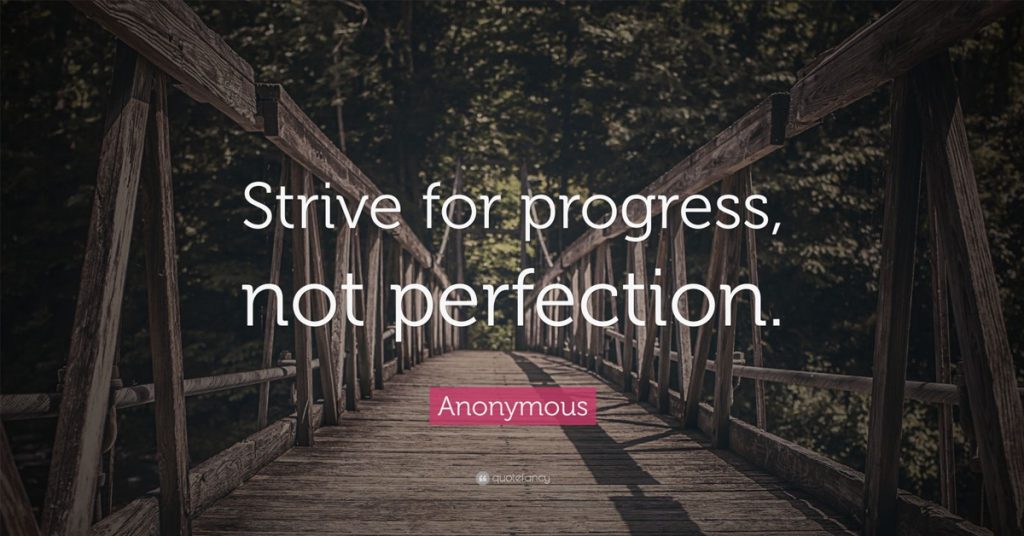




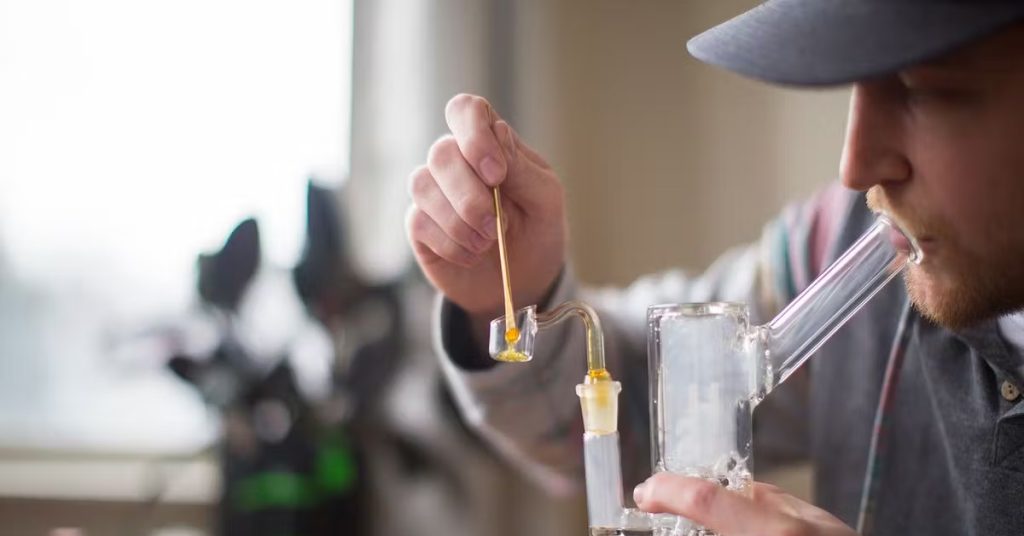



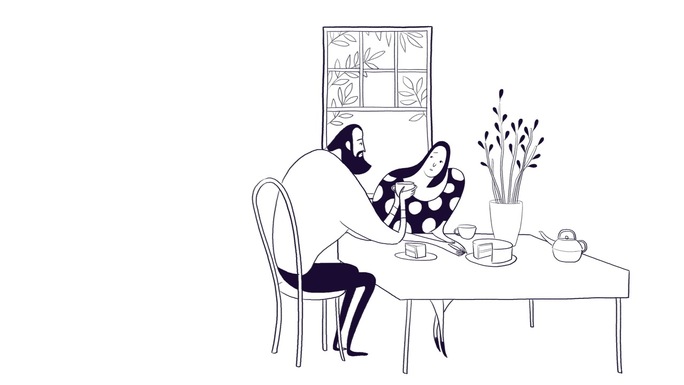



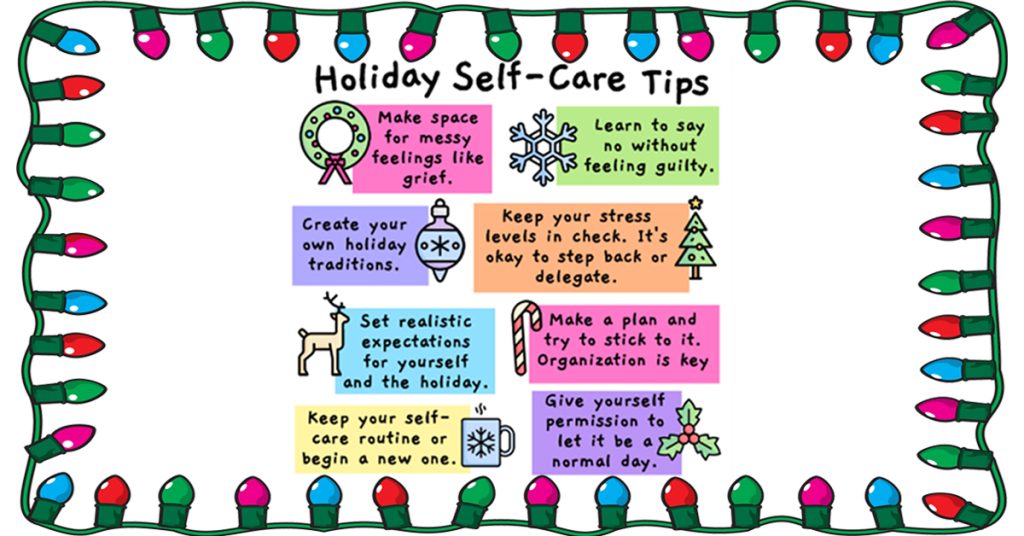









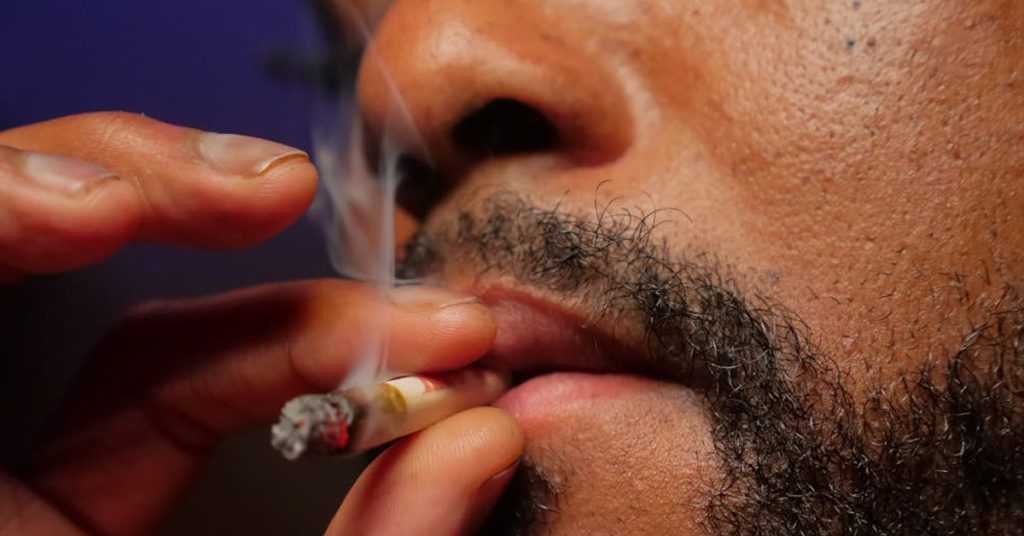

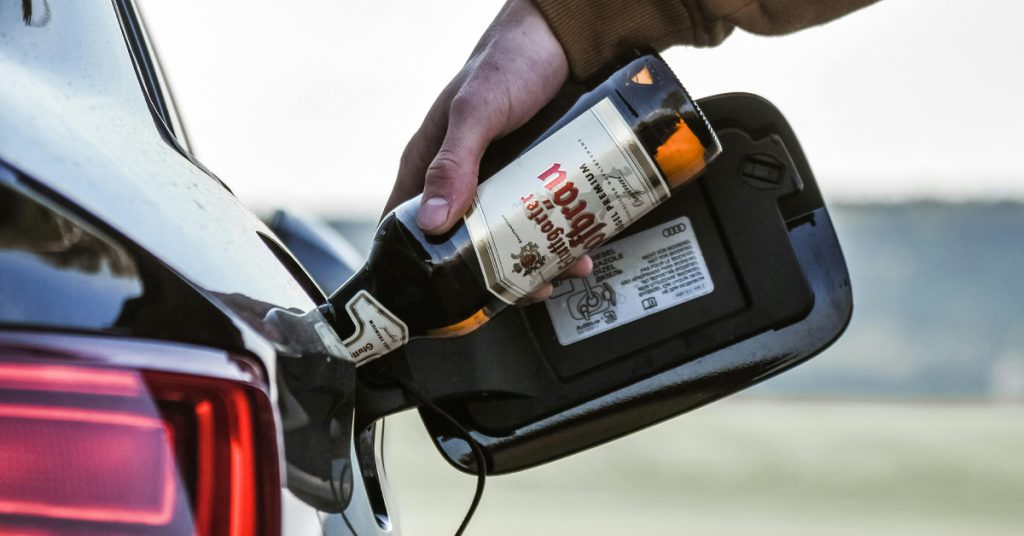



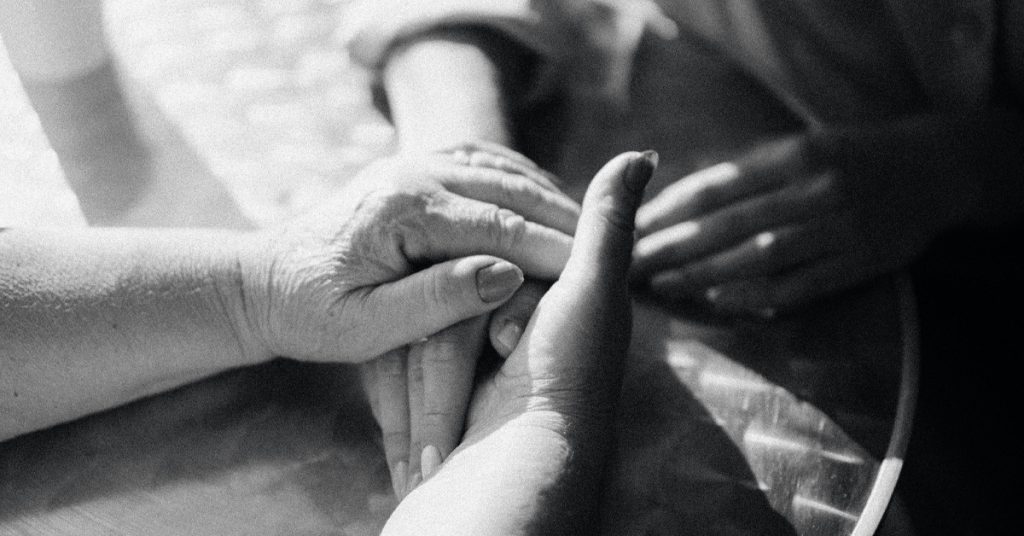
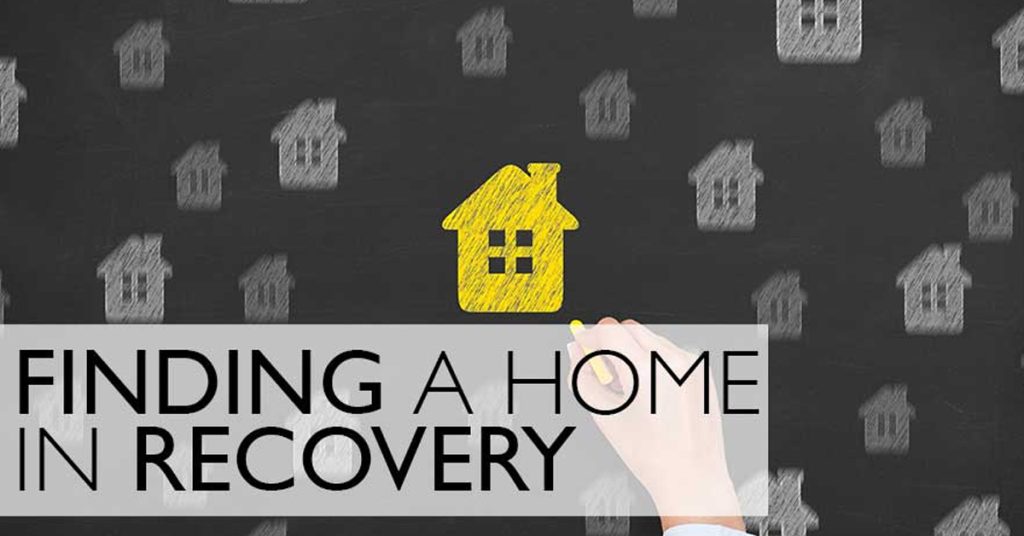
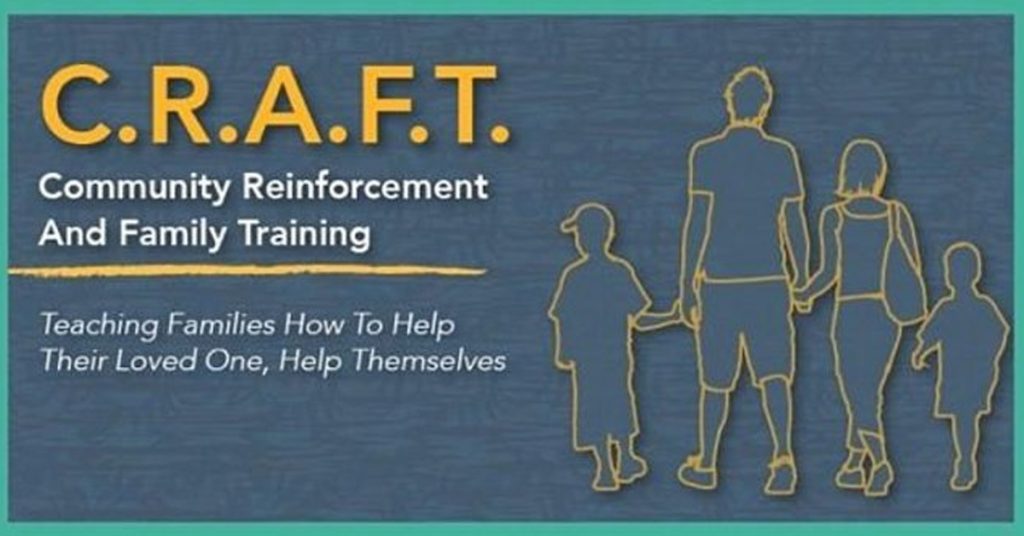



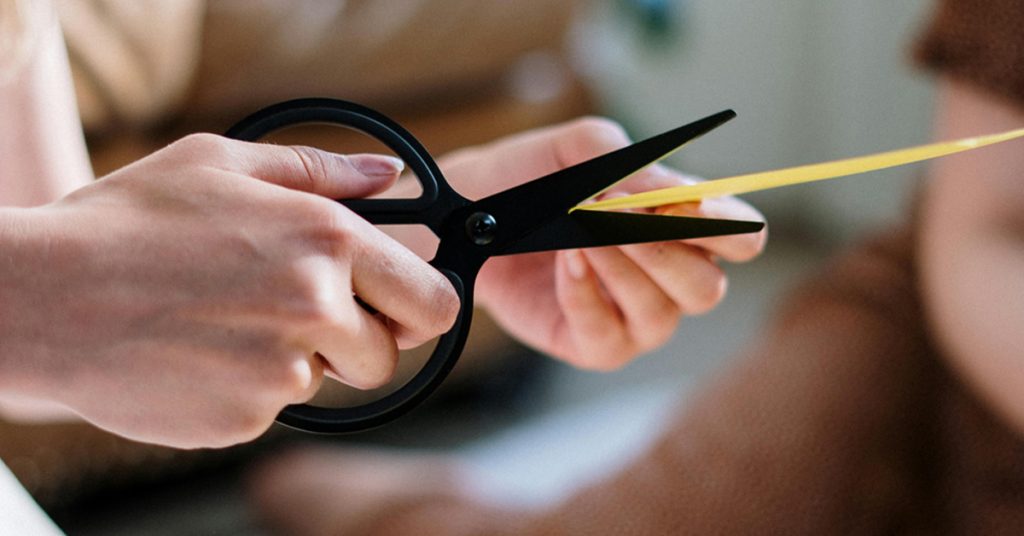



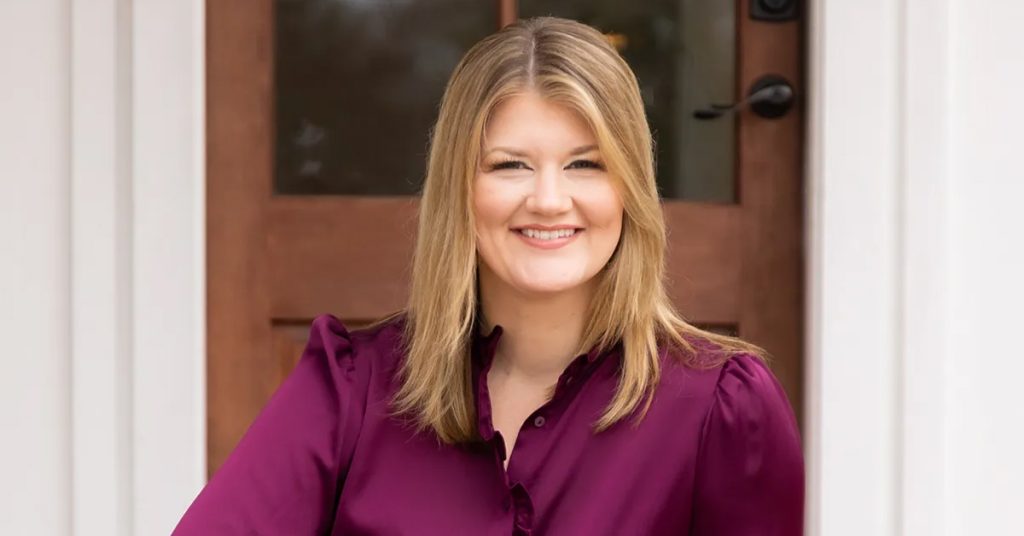
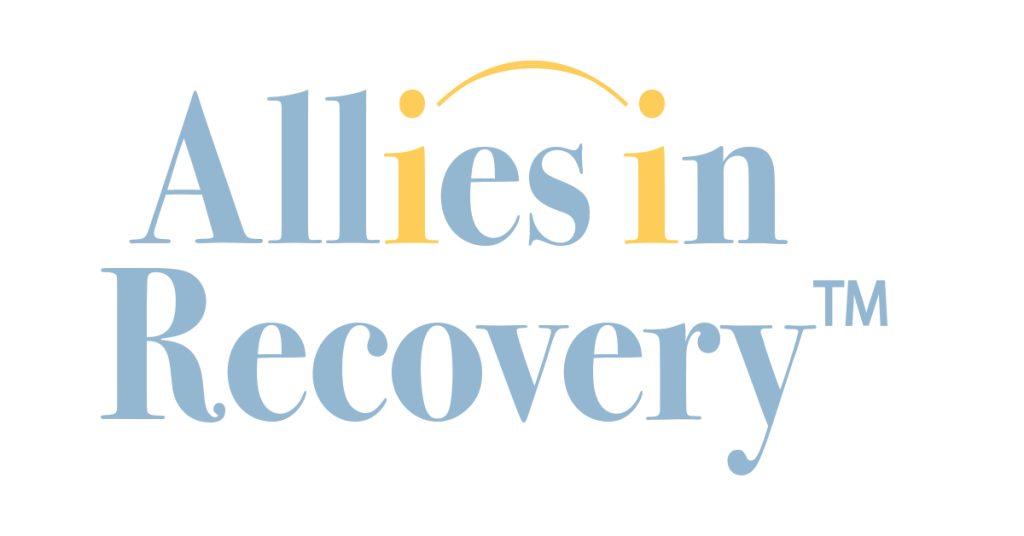



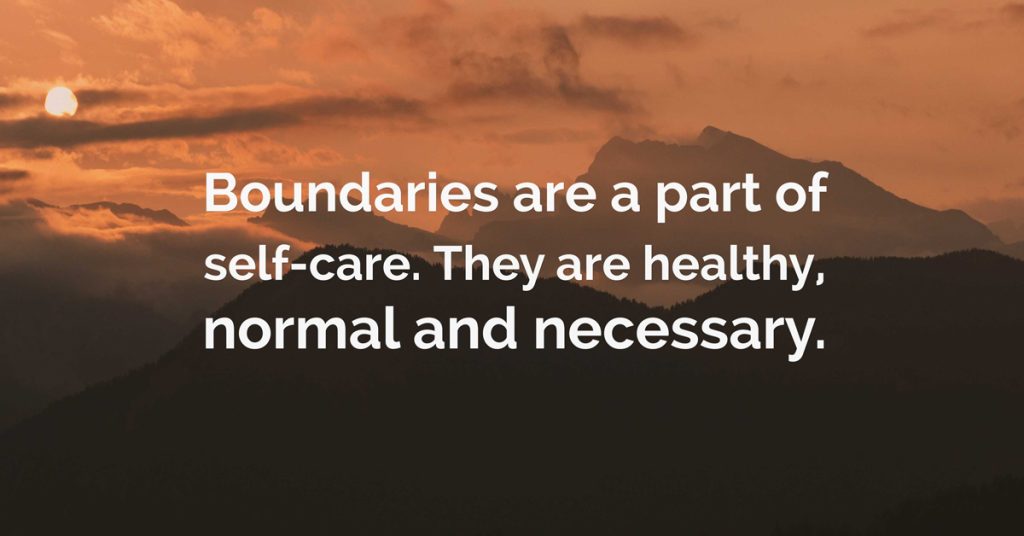






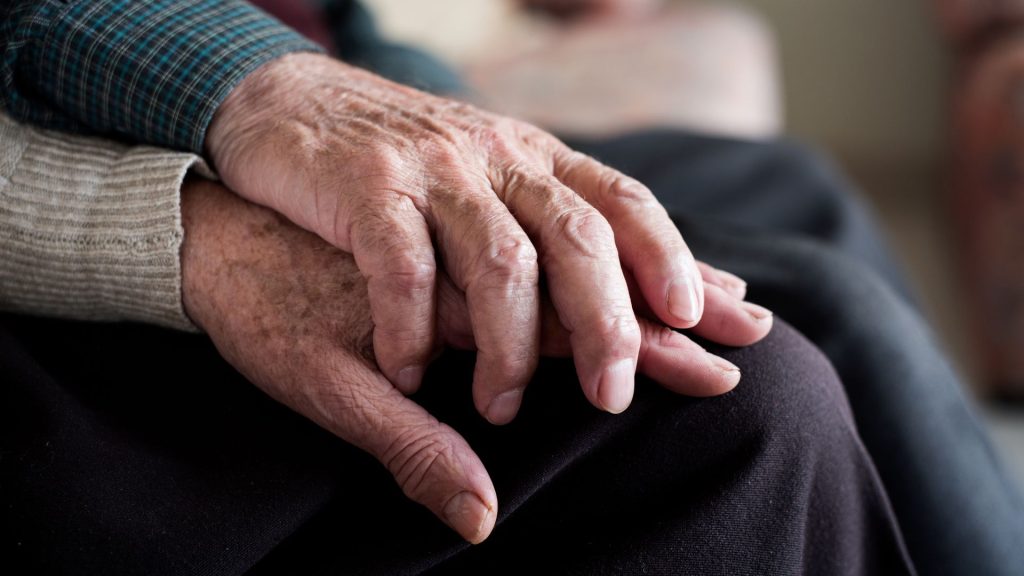

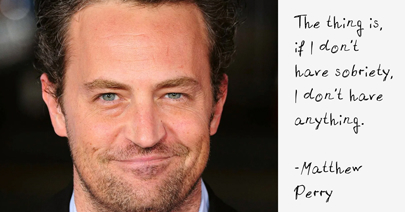







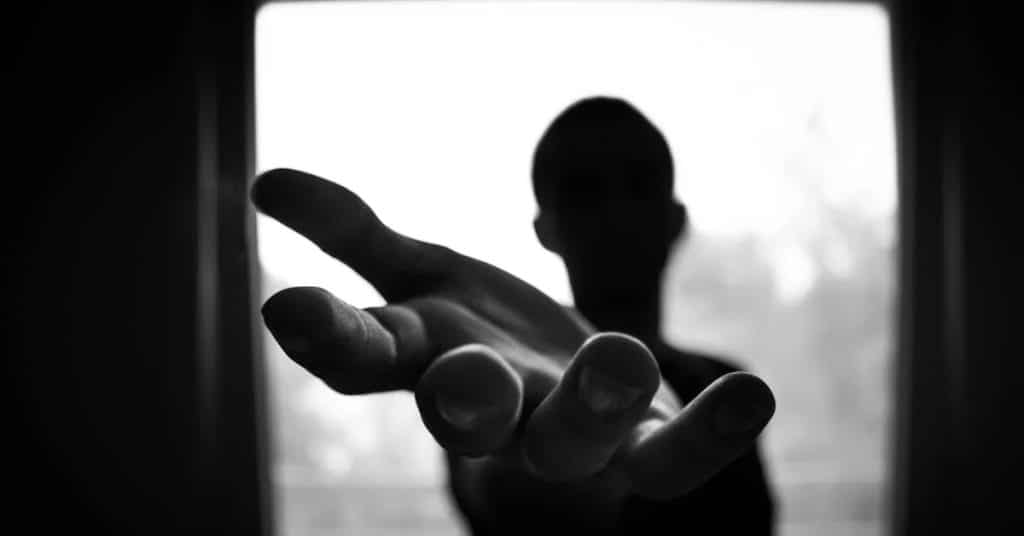










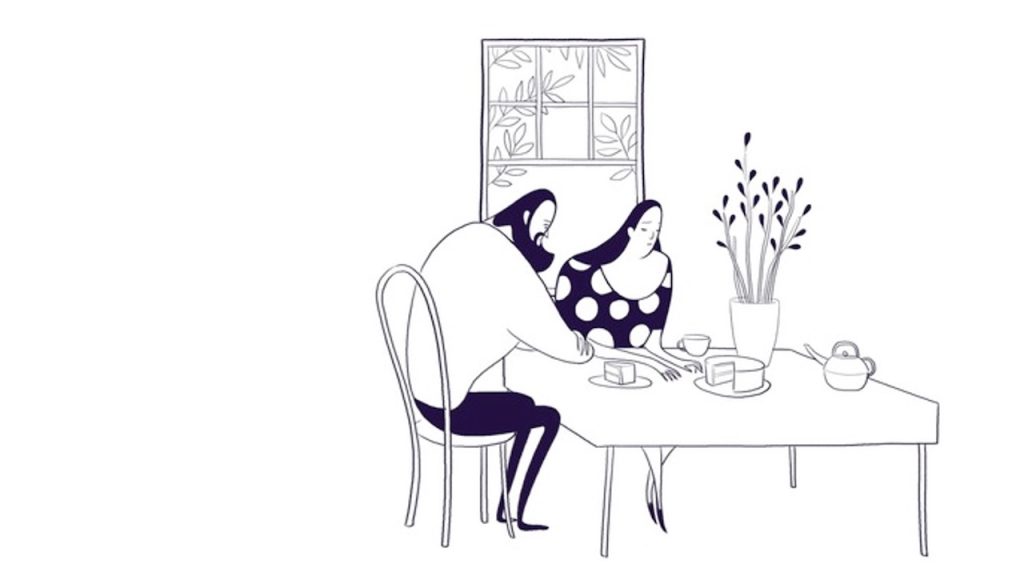





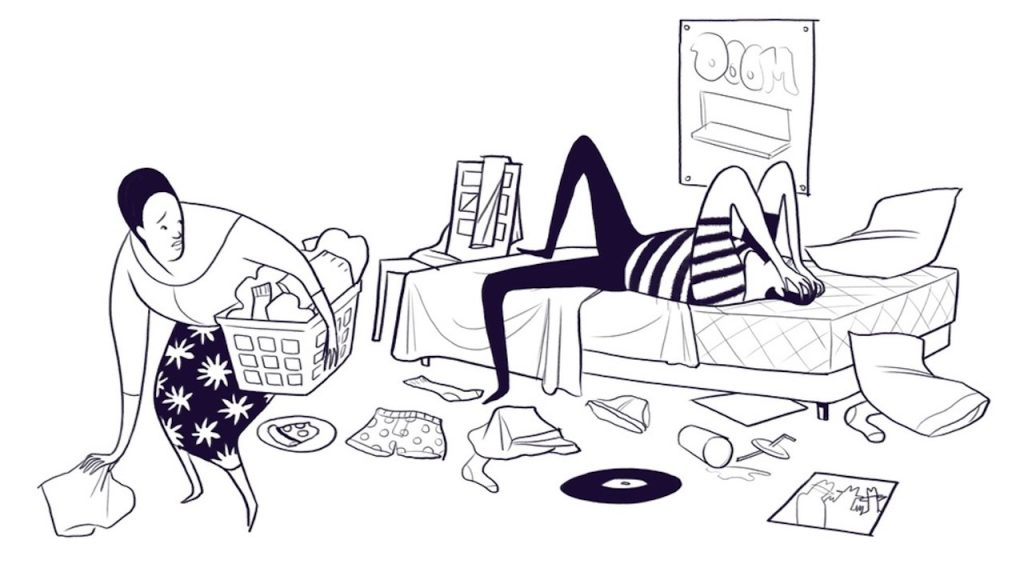


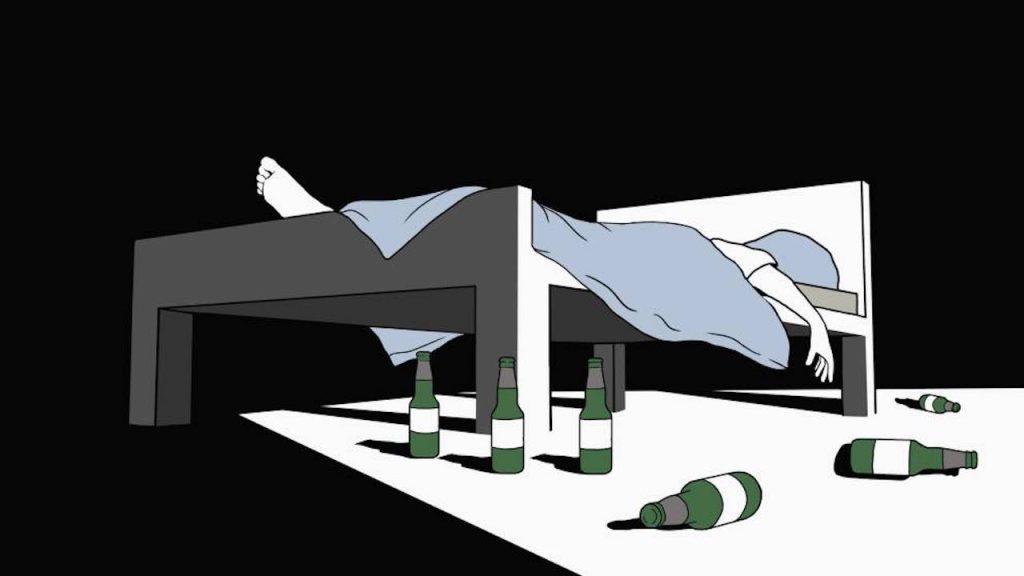



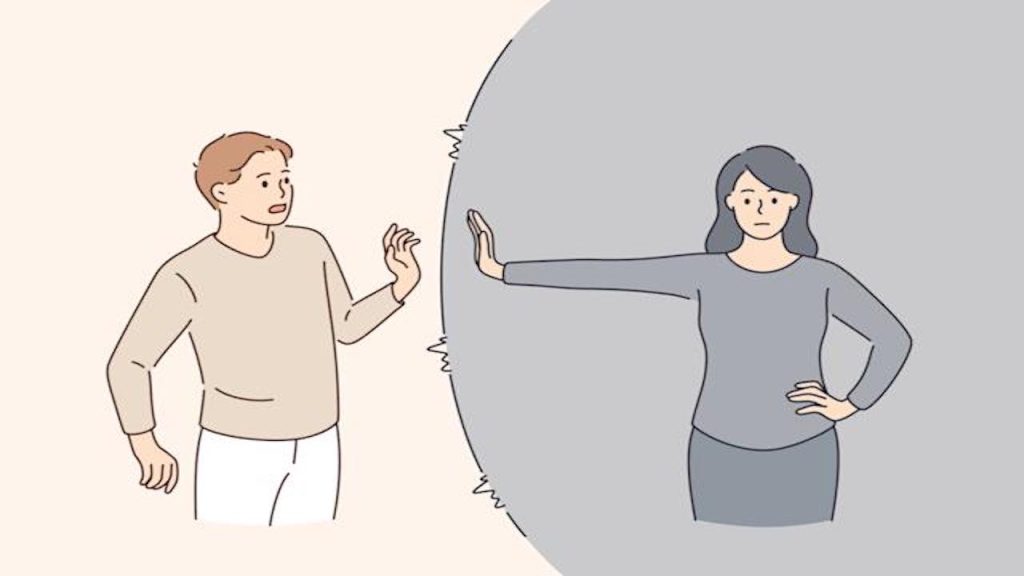

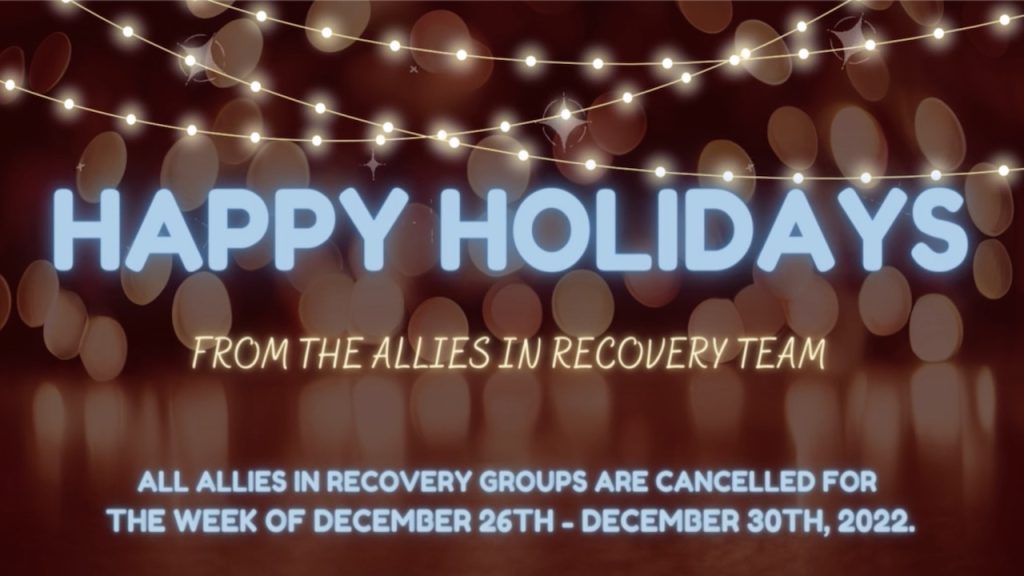








LEAVE A COMMENT / ASK A QUESTION
In your comments, please show respect for each other and do not give advice. Please consider that your choice of words has the power to reduce stigma and change opinions (ie, "person struggling with substance use" vs. "addict", "use" vs. "abuse"...)